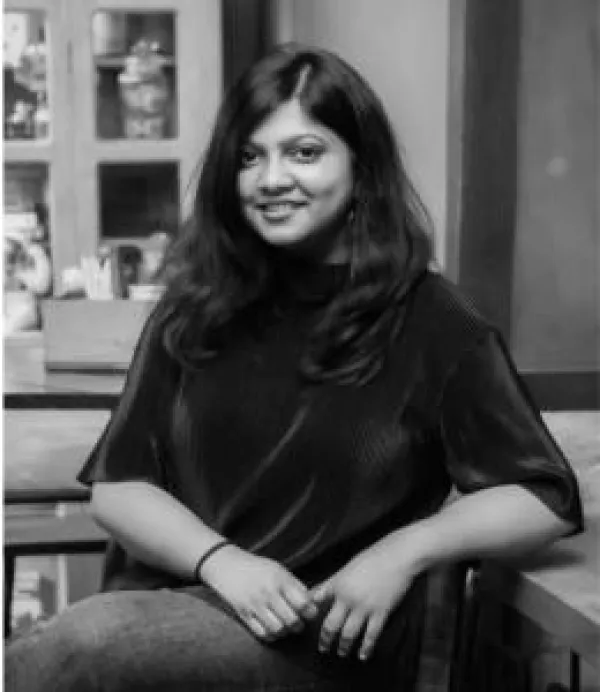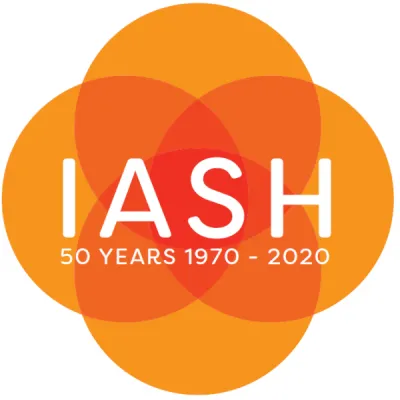United Kingdom

Deepshikha Behera
Dr. Deepshikha Behera is a comparatist who works on untranslatability and language plurality in the Global South. She received her doctorate in 2025 from the English and Foreign Languages University, Hyderabad, India. Her dissertation, titled “Understanding the Ethics of Untranslatability: Translating Miya Poetry into English”, engages with untranslatability as a method to study plural language-cultures in multilingual societies and understands the ethical concerns of translating difference through comparative poetics and ethnographic engagement with the Miya community in Assam.
She is interested in looking at critical discursive categories such as migration and citizenship through the framework of translation and untranslatability. She is interested in studying the theory-praxis gap in ethnographic field-work and methods of oral history and its intervention into the idea of language as a relational phenomena. She has been involved with the ‘AI, Decoloniality and Creative Poetry Translation Project’ as a collaborator at the Oxford Comparative Criticism and Translation Research Centre, University of Oxford since September 2024. For this project, she builds on her existing research on Miya bhasha, a speech variety spoken by the Miya Muslims and studies the possibilities of integration of ‘low-resource’ languages into LLMs, thus rethinking the notion of Decoloniality in AI.S he has published in several peer reviewed journals such as Asian Ethnicity and Jadavpur Journal for Comparative Literature. She also serves as an Executive Committee Member for the Oral History Association of India.
In this project I study the interplay of orality and digitality in the context of generative AI for low resource languages, especially ones that do not have a significant presence in the lettered world. In the process of understanding decoloniality in creative translation and other forms of language use in Generative AI, this project provides perspectives on the interplay between creative genres, such as overlapping of poetry with music, storytelling and art, a phenomenon intrinsic to decolonial language-cultures. In doing so, it creates new strategies of undoing standardisation within AI models, against the backdrop of the linguistic, cultural and genre differences that shape the life-worlds of these communities. In the act of rethinking what we mean by ‘low-resource’ languages, this project proposes an alternative: a focus on the knowledge that is produced and disseminated through alternate mediums that are different from writing.
By understanding ways in which communities that have survived on oral-aural traditions and narratives, embodied acts such as performative traditions and language-use, I devise ways in which these multimodal resources could be integrated into training AI models that are receptive to language difference. Subsequently, I engage with the shifting contours of ‘literariness’ and alternate forms of literary expression in the digital platforms among marginalised communities. My project, thus lays the framework for discussions on ethical considerations of having people and their lived experiences as ‘resources’ for AI model training and foregrounds the possibility for an ethical Human-AI collaboration.
